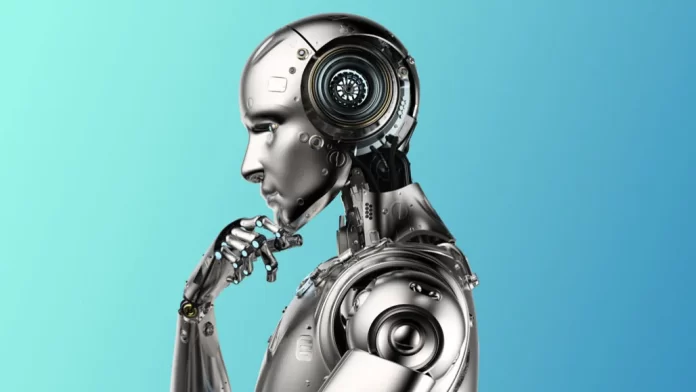The global artificial intelligence (AI) market is projected to hit $4.8 trillion by 2033—about the size of Germany’s economy. This is according to a new report from the United Nations Conference on Trade and Development (UNCTAD).
However, the agency warns that nearly half of all jobs worldwide could be affected by AI’s rapid expansion.
In its latest analysis, UNCTAD explains that AI is reshaping economies, creating new opportunities while also deepening existing inequalities. The report states, “AI could impact 40% of jobs worldwide, offering productivity gains but also raising concerns about automation and job displacement.”
Unlike previous technological shifts that mainly affected blue-collar jobs, AI is expected to hit knowledge-based industries the hardest. Developed economies will face the biggest disruptions. However, they also have better infrastructure and resources to benefit from AI-driven changes compared to developing nations.
According to Rebeca Grynspan, Secretary-General of UNCTAD, it is essential to put people at the center of AI development. She urged international cooperation to create a global AI framework that prioritizes human well-being.
“History has shown that while technological progress drives economic growth, it does not on its own ensure equitable income distribution or promote inclusive human development,” she said.
AI Market to Expand Sixfold by 2033
The report reveals that in 2023, emerging technologies like blockchain, 5G, 3D printing, and AI had a combined market value of $2.5 trillion. By 2033, this market is expected to grow sixfold to $16.4 trillion, with AI leading the sector at $4.8 trillion.
Despite this rapid expansion, AI infrastructure and expertise remain heavily concentrated. Currently, only 100 companies, mostly based in the United States and China, account for 40% of global corporate AI research and development spending.
The Need for Global AI Governance
The report warns that 118 countries—mostly in the Global South—are absent from major discussions on AI governance. Without proper regulation and international collaboration, developing nations risk falling further behind. UNCTAD calls for governments to take action by investing in digital infrastructure, improving AI skills training, and ensuring fair AI policies.
“AI is not just about replacing jobs,” the report states. “It can also create new industries and empower workers. Investing in reskilling, upskilling, and workforce adaptation is essential to ensure AI enhances employment opportunities rather than eliminating them.”
With AI playing a growing role in shaping the global economy, the UN stresses that all nations must be involved in AI policy-making to ensure its benefits reach everyone, not just a privileged few.
Like 👍, Comment, share this article, and Follow us on our social media handles.







